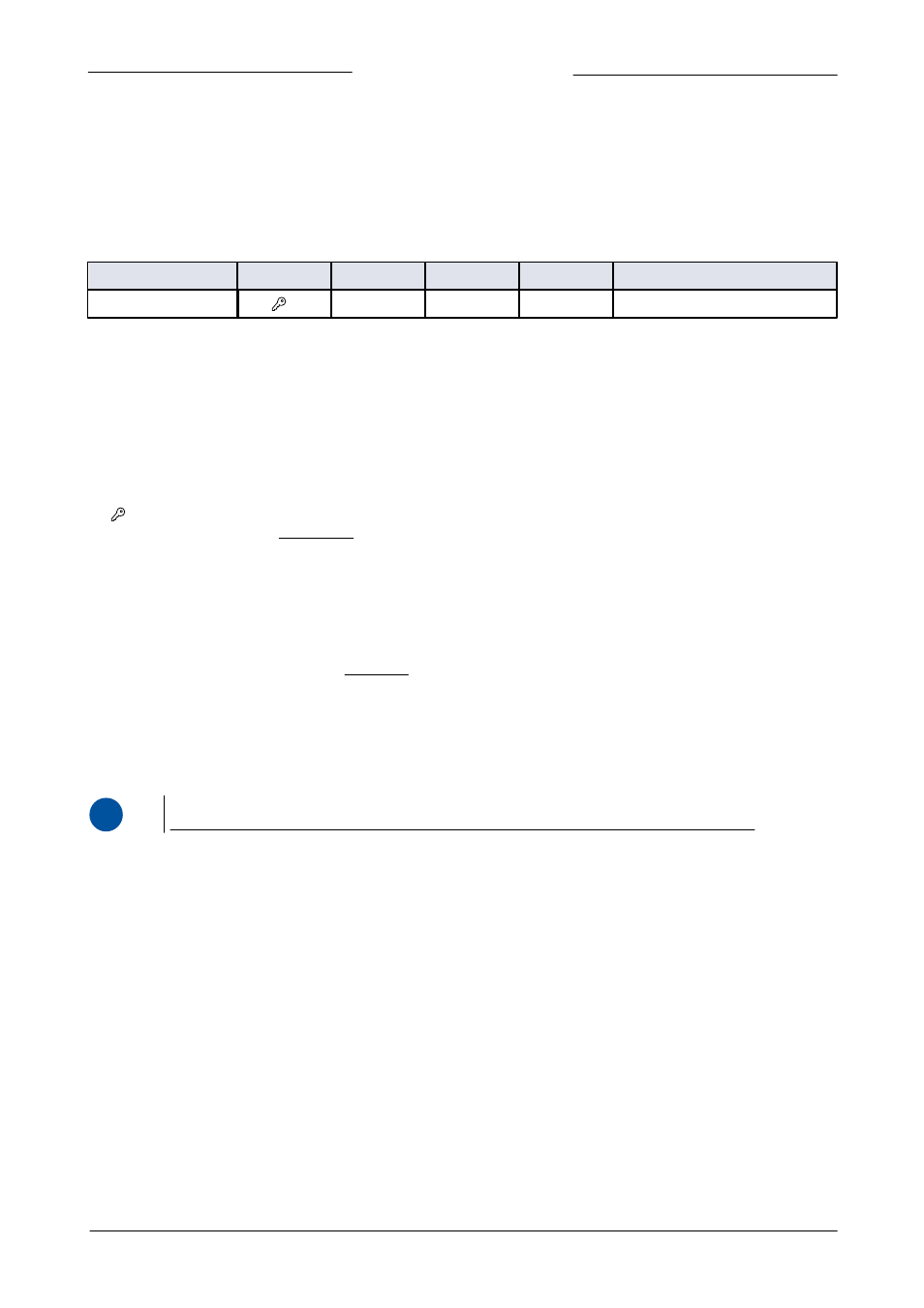6 basic parameters and properties, 1 introduction, Basic parameters and properties – Bronkhorst IQ+FLOW (from 01-07-2013) User Manual
Page 19: Introduction

Bronkhorst High-Tech B.V.
IQ+FLOW
19
9.17.045
3.6
Basic parameters and properties
3.6.1
Introduction
Most instrument parameters can only be accessed with digital communication. For each communication protocol the instrument
parameters are accessed differently. When using Bronkhorst® software programs FlowView or FlowPlot, easy access is provided to
the mostly used parameters by menu interfaces. When using other communication methods the addressing method for the
supported communication protocol is presented for a number of basic parameters in a table as shown below:
Type
Access
Range
FlowDDE
FLOW-BUS
Modbus
[type]
RW
[x]…[y]
[FB]
[Pro]/[Par]
[address]/[index]
Type
Unsigned char
1 byte character
Unsigned char[x]
x byte array (string)
Unsigned int
2 byte unsigned integer
Unsigned long
4 byte unsigned long
Float
4 byte floating point
Access
R
The parameter is read-only
RW
The parameter can be read and written
RW
The parameter is protected and can only be written when the 'Init Reset' parameter is set to 64.
See section 4.1.1 for more details.
Range
Some parameters only accept values within a certain range:
[x]
Minimum value of the range.
[y]
Maximum value of the range.
FlowDDE
Parameter number within FlowDDE. Refer to section 3.4 for more information about FlowDDE.
FLOW-BUS
Within the FLOW-BUS protocol (Propar when using RS232) parameters are divided into a 'Process' and a 'Parameter' number. To
address parameters using the FLOW-BUS/Propar protocol write both numbers:
[Pro]
Process number
[Par]
Parameter number
i
www
Check document 9.17.027, “RS232 interface with FLOW-BUS protocol” for detailed information.
Modbus
Parameters can be read or written via the Modbus protocol by specifying either the PDU Address or the register number. The PDU
Address is a hexadecimal number (identifyable by the '0x' prefix), which corresponds to the decimal register number minus one,
e.g. PDU Adress 0x0000 equals register number 1, PDU Adress 0x000A equals register number 11 etc.):
[address]
Hexadecimal PDU address
[index]
Decimal register number
For the Modbus protocol every two bytes are addressed separately.
